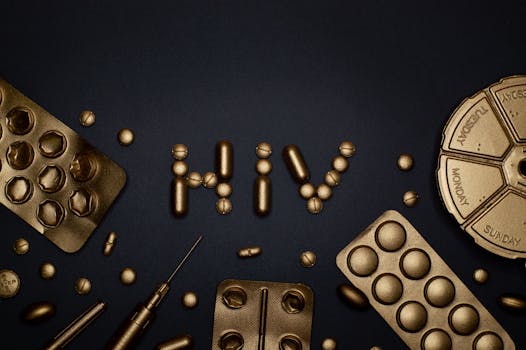
The Science Behind Vaccines and Public Health
The science behind vaccines and public health is a crucial aspect of modern medicine. Vaccines have been instrumental in preventing the spread of infectious diseases and saving countless lives. In this article, we will delve into the science behind vaccines, their history, and their impact on public health.
What are Vaccines?

Vaccines are biological preparations that provide active acquired immunity to a particular infectious disease. They typically contain a microorganism or virus in a weakened or killed state, or proteins or toxins from the organism. When administered, vaccines stimulate the body’s immune system to recognize and fight the disease-causing agent, without actually causing the disease itself.
History of Vaccines

The concept of vaccination has been around for centuries. The earliest recorded vaccine was developed by Edward Jenner in 1796, who used cowpox to immunize against smallpox. Since then, vaccines have been developed for a wide range of diseases, including measles, mumps, rubella, polio, and many others.
How Vaccines Work

Vaccines work by introducing a harmless piece of a pathogen, such as a protein or sugar, to the body. The immune system recognizes this foreign substance and mounts an immune response, which involves the production of antibodies and immune cells that can recognize and attack the pathogen. This provides long-term immunity against the disease.
Vaccine Types

There are several types of vaccines, including inactivated vaccines, live attenuated vaccines, conjugate vaccines, and subunit vaccines. Each type of vaccine has its own unique characteristics and is used to prevent specific diseases.
Public Health Impact of Vaccines

Vaccines have had a profound impact on public health. According to the World Health Organization (WHO), vaccines have prevented millions of deaths and have controlled or eliminated many infectious diseases. Vaccines have also been instrumental in eradicating smallpox and nearly eradicating polio.
Challenges and Controversies

Despite the many benefits of vaccines, there are also challenges and controversies surrounding their use. Some people are concerned about the safety of vaccines, while others are opposed to vaccination due to philosophical or religious reasons. Additionally, there are also issues related to vaccine accessibility and affordability.
Conclusion

In conclusion, the science behind vaccines and public health is a complex and multifaceted field. Vaccines have been instrumental in preventing the spread of infectious diseases and saving countless lives. While there are challenges and controversies surrounding their use, the benefits of vaccines far outweigh the risks. As we continue to navigate the complexities of public health, it is essential that we prioritize vaccine development, distribution, and education to ensure that everyone has access to these life-saving interventions.






